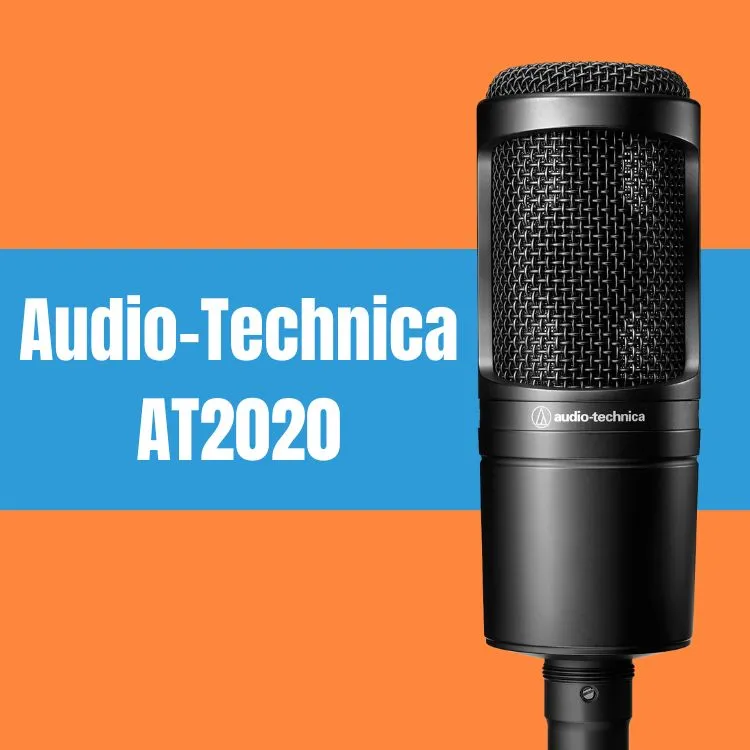Make Money with Voice-Over Acting: Tips for Influencers and Side Hustlers
What is Voice-Over Acting?
Voice-over acting involves recording audio for various media projects without appearing on screen. As a voice actor, you’ll use your vocal talents to bring scripts to life for:
- Commercials and advertisements
- Animated films and cartoons
- Video games and apps
- Audiobooks and podcasts
- Corporate training videos
- E-learning courses
- Explainer videos
This flexible side hustle can complement your existing online presence if you’re an influencer, or serve as a standalone income stream for creative entrepreneurs looking to monetize their vocal talents.
Think of voice acting as the invisible performance art that powers much of the digital content we consume daily. From the friendly voice guiding you through a tutorial to the characters in your favorite animated show, voice actors create the sonic landscape of modern media.
How Much Can You Make with Voice-Over Work?
Earning potential varies based on your experience level, project type, and client budget:
| Experience Level | Typical Hourly Rate | Project Examples |
|---|---|---|
| Beginner | $25-$100 | Short commercials, basic narration |
| Intermediate | $100-$250 | Corporate videos, e-learning modules |
| Experienced | $250-$500+ | Animation, audiobooks, video games |
Many voice actors start with smaller projects and gradually increase their rates as they build a portfolio and reputation. The good news is that voice-over work can scale alongside other ways to make passive income online you might already have established.
Sarah, a lifestyle influencer, started narrating short explainer videos for $50 each. Within a year, she was voicing character-driven animations at $300 per session while maintaining her social media presence—proving how voice work can complement existing income streams.
Is There Demand for Voice-Over Work?
Absolutely! The demand for voice-over talent continues to grow across multiple sectors:
- Digital Marketing: Explainer videos, YouTube ads, and social media content require authentic voices
- Entertainment: Animation, video games, and VR/AR projects are booming
- E-Learning: Online courses (like those you might sell ebook online) need engaging narration
- Corporate: Training videos, presentations, and phone systems need professional voices
The rise of digital content creation has opened opportunities for diverse voice types, accents, and styles—meaning there’s likely demand for your unique vocal qualities. With more companies producing video content than ever before, voice actors with distinctive styles are finding their niche in this expanding market.
According to industry platforms like Voices.com and Voice123, the demand for voice-over work has increased by approximately 20% annually since 2018, driven largely by explainer videos, podcasts, and the audiobook industry.
How to Get Started with Voice-Over Acting
1. Set Up Your Home Studio
You don’t need an expensive professional setup to begin. Start with:
- Microphone: A quality USB microphone like Blue Yeti or Rode NT-USB ($100-200)
- Headphones: Closed-back headphones for monitoring
- Software: Audacity (free) or Adobe Audition for recording and editing
- Space: A quiet room with some basic sound treatment (blankets, foam panels)
As you book more gigs, you can upgrade your equipment gradually. Many successful voice actors started with makeshift closet studios before investing in professional equipment. The key is having a quiet space with minimal reverb—even a blanket fort can work for your first recordings!

2. Develop Your Voice-Over Skills
- Practice reading scripts aloud to develop clarity and natural delivery
- Study commercials and narration to understand timing and inflection
- Take online voice-over courses or workshops
- Record sample scripts in different styles to find your strengths
Try this exercise: Record yourself reading the same commercial script in three different styles—professional, conversational, and energetic. Listen back to identify your natural strengths and areas for improvement.
3. Create Your Demo Reel
Your demo reel is your audio calling card. Create a 3-5 minute showcase of your vocal range featuring:
- Different tones and emotions
- Various reading speeds
- Character voices (if that’s your strength)
- Different commercial or narration styles
Keep it concise and highlight your best qualities. As you gain experience, you can create niche-specific demos for areas like e-learning, commercial work, or character animation.
Pro tip: Include 5-7 short segments that each demonstrate a different style or tone. Start with your strongest performance to hook potential clients immediately.
4. Find Voice-Over Work
Multiple platforms connect voice actors with clients:
- Freelance marketplaces: Voices.com, Voice123, Bunny Studio
- General freelance sites: Upwork, Fiverr
- Casting sites: Backstage, ACX (for audiobooks)
- Direct marketing: Reaching out to production companies, animation studios, and e-learning developers
Many successful voice actors like to earn money with Reddit communities by participating in voice-over forums and building connections. Subreddits like r/VoiceActing and r/RecordThis regularly feature job opportunities and valuable community feedback.
Practical Tips for Voice-Over Success
Perfect Your Technical Skills
- Learn basic audio editing to deliver clean files
- Understand how to eliminate background noise
- Maintain consistent volume levels
- Deliver files in the requested format
Technical consistency matters as much as vocal talent. Clients value voice actors who deliver clean, properly formatted audio files without background noise or uneven volume levels. Learning basic audio editing is an essential skill that will set you apart from competitors.

Build Your Business Approach
- Create a professional website showcasing your demos
- Set clear rates based on project type and usage rights
- Use contracts that outline deliverables and revision policies
- Track your income and expenses for tax purposes
Treat your voice-over work as a business, not just a creative outlet. Establish professional policies regarding payment, revisions, and usage rights from the beginning. This clarity protects both you and your clients while positioning you as a professional.
Network and Grow
- Connect with other voice actors to learn industry standards
- Join voice-over communities on social media and forums
- Follow production companies and content creators who might need your services
- Consider voice coaching to refine your technique
Voice actor James K. attributes 70% of his work to networking: “My first animation gig came through a connection I made at an online voice-over workshop. The industry runs on relationships and referrals more than most people realize.”
Leveraging Voice-Over with Your Existing Platform
If you’re already an influencer or content creator, voice-over work integrates perfectly with your existing brand:
- Cross-promotion: Mention your voice services on your social platforms
- Content creation: Create behind-the-scenes content about your voice work
- Product bundles: Package voice-overs with other digital products like courses
- Subscription perks: Offer custom voice messages as rewards for subscribers
Much like becoming a paid blogger or becoming an online nutrition coach, voice-over work can become another facet of your personal brand.
Lifestyle influencer Marcus J. successfully transitioned into voice-over work by first creating custom intros for fellow creators’ podcasts. This strategy allowed him to build a portfolio while leveraging his existing network—a win-win approach that led to commercial voice-over opportunities within six months.
Making Voice-Over Work a Sustainable Side Hustle
Voice-over acting fits perfectly alongside other internet side hustles because:
- The work is flexible and project-based
- You can record from home on your schedule
- It doesn’t require being on camera (perfect for introverts!)
- Skills improve with practice, increasing your earning potential
- Projects are diverse, keeping the work interesting
With dedication and consistent marketing, voice-over work can evolve from a side hustle into a significant income stream or even a full-time career.
Voice actor Elena M. shares: “I started recording audiobooks on weekends while working my day job. Within 18 months, my voice-over income surpassed my salary, allowing me to transition to full-time voice work with complete schedule flexibility.”
Final Thoughts
Voice-over acting offers a creative way to monetize your voice while maintaining flexibility. Whether you’re looking to supplement your existing content creation business or start a new venture, the barrier to entry is relatively low, while the earning potential remains high for those who develop their skills and business acumen.
Start small, invest in quality (but affordable) equipment, and focus on building relationships with clients who value your unique vocal qualities. Like any online income source, consistency and professional delivery will help you build a reputation that leads to higher-paying opportunities over time.
Remember that your voice is as unique as your fingerprint—there’s no one else who sounds exactly like you. This uniqueness is your competitive advantage in the voice-over marketplace, where authentic, relatable voices are increasingly in demand.